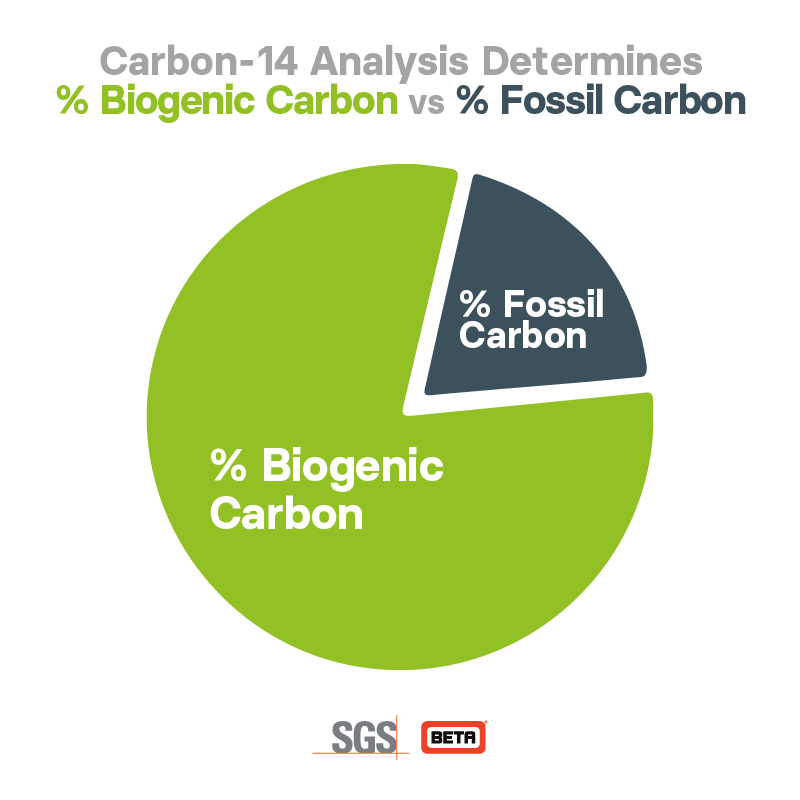Biogenic Hydrocarbon Gas 14C Testing
Measuring % Biogenic Carbon vs % Fossil Carbon in hydrocarbon/fuel gas samples
Request PricingRadiocarbon analysis (14C) is used to determine biogenic carbon content of hydrocarbon and fuel gases in co-processing and is the required testing in various clean fuel standards in the EU, Canada, and the USA. 14C analysis distinguishes between fossil and modern hydrocarbon gas feedstocks and product gases.

Quantify the Biogenic Content of Gases by Carbon-14 Analysis in these samples:
- A bulk composition of gases and isolated gases of methane, carbon dioxide (in a mixture or “raw biogas”), propane, butane, and ethylene.
- Hydrocarbon gases composed of biogas, landfill gas, biomethane, RNG, co-processing gaseous fuels, renewable gas feedstocks, syngas, geogenic methane, soil gases, waste-to-energy gases, enteric gases, renewable propane, low carbon intensity fuels, bioreactor gases, and chemical intermediate gases.
Biogenic Testing Reporting Standards
- ASTM D6866 – % Biogenic is expressed as a fraction of total carbon
- Full chromatographic analysis of gas mixtures is available through ASTM D7833, ASTM D1945, or EPA 3C testing as part of this service.
NOTE: We cannot accept gas compositions with greater than 2,000 parts per million concentration (2,000 ppm) of hydrogen sulfide (H2S) gas.
Ready to submit samples for testing? You need to complete the fuel gas questionnaire/assessment prior to acceptance of your gas samples.
Read our guidelines
For reliable, accurate and fast biogenic content testing solutions, choose SGS Beta.
Contact UsPage last updated: July 2025